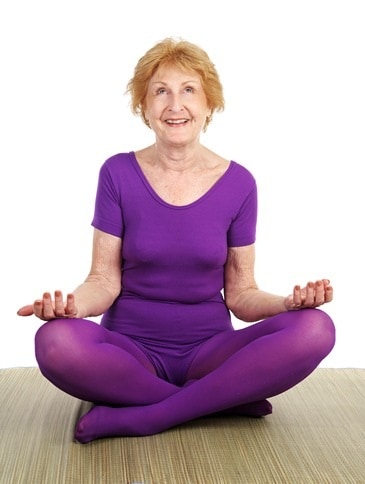Last Updated on May 28, 2021

Improved Memory
Since exercise is known to improve memory, seniors with weakening memory due to the set-in of dementia and Alzheimer’s disease will benefit from exercise. Physical activity, especially an enjoyable one, triggers previous memories and emotions. They can start associating objects and eventually, put two and two together. At a time when they are confused, they tend to forget names, places, faces, and other information easily, it helps them remember. Dancing if they can do it, coupled with fine music, will be great for them.
Improved Cardiovascular Health
With regular exercise, seniors with dementia and Alzheimer’s disease can expect improvement in their cardiovascular health. As the heart is a muscle, it needs exercise to grow stronger, continue its maximum function, and not disrupt blood flow from the heart to the brain. The elderly won’t have to sign up for rigorous sessions at the gym; basic ones will do. Seated exercises, for instance, are good. Your parents can bend arms and legs, clap under legs, form circles with hands, march in place, or raise heels and toes.
Related: How Medical Alert Systems Can Help Alzheimer’s & Dementia Patients
A Good Night’s Rest
Did you know that spending an hour or so daily in the garden can be a way for your parents to get a good night’s rest? Since it involves moving from one point to another, pulling out weeds, raking leaves, and watering plants, gardening counts as exercise. As dementia and Alzheimer’s can interfere with the brain’s muscular function, physical activity outdoors can help them fight against their disease. The elderly can work those muscles while basking in the sun. Consequently, will get the relaxation they need. Come bedtime, they’ll find themselves sleeping better.
Stronger Bones
By exercising 3-5 times a week, the elderly with dementia and Alzheimer’s disease can have stronger bones. Especially at their age and with these brain diseases, they might not remember the simplest details, which can be the cause of falls, trips, and slips while navigating around the house. With you keeping an eye on them, the risk of sustaining severe injuries can be lessened. Any exercise is okay. For example, an indoor carpet bowl, and similar indoor exercises, can do wonders.
Movement, Balance & Coordination
For seniors to have dementia or Alzheimer’s disease, it can be frightening. At their feeble state, they’re deteriorating mentally. Particularly, their cerebellum is affected and thus, they’re struggling with movement, balance, and coordination. With physically active lifestyles, however, partnered with regular medical consultations and monitoring, the degenerative diseases can be managed. For one, walking for 10-15 minutes daily can keep them conditioned. Additionally, so your parents may find the exercise worthwhile, you can walk with them.
With improved balance and coordination, there is less risk of falling down and hurting themselves. Having a medical alarm at home is helpful for managing such emergencies, but prevention is better than cure.
Related: 5 Helpful Medical Alert Systems For Alzheimer’s Patients
- Personal Safety Devices for the Elderly - March 5, 2023
- Two Different Bay Alarm Medical SOS Mobile Systems To Meet Your Needs - November 3, 2022
- Bay Alarm Medical Pricing 2022 Update - September 27, 2022
In a hurry? Leave us your email, we’ll follow-up with the best tips.


